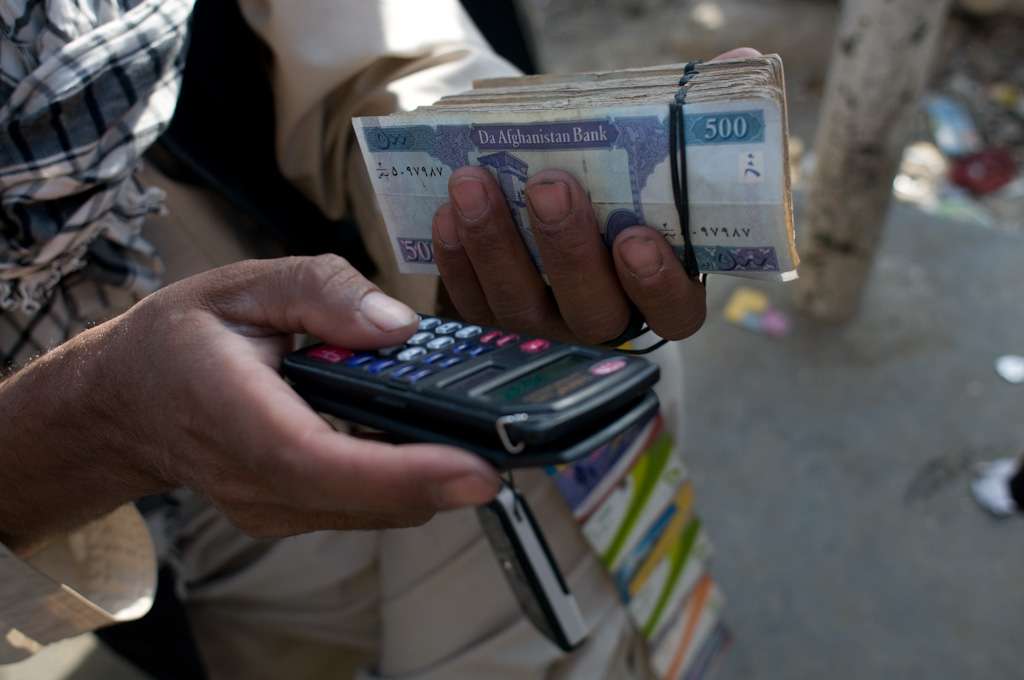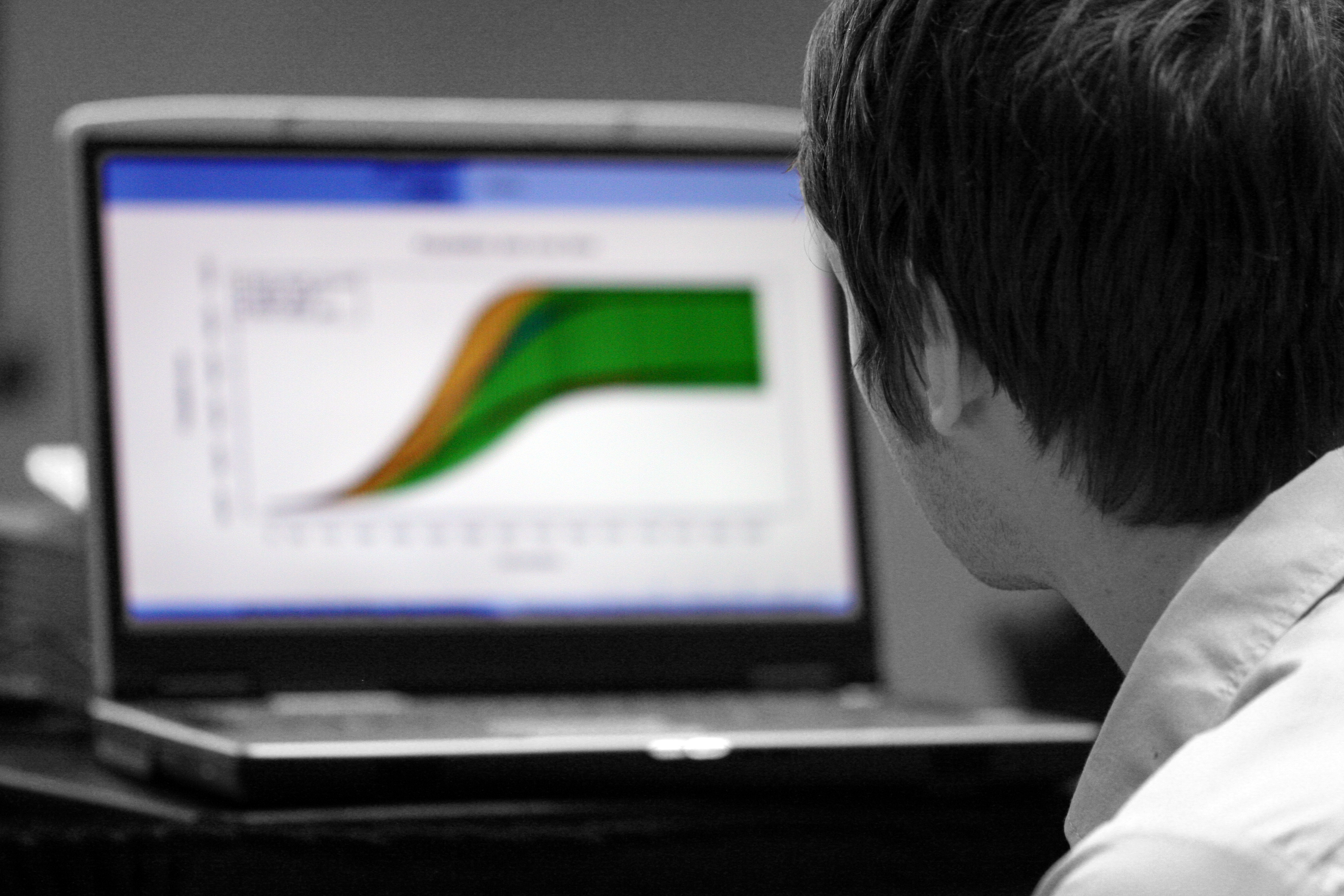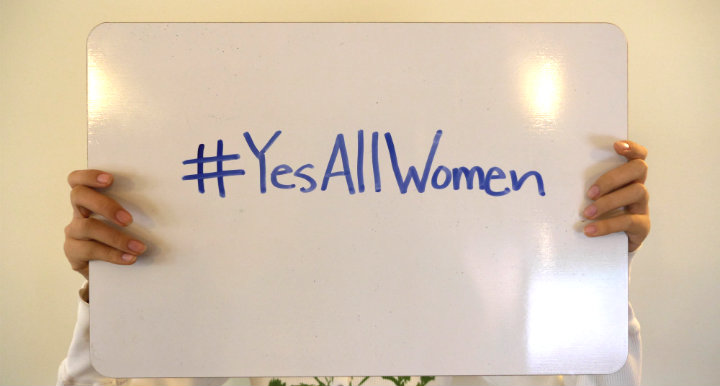by Chrissy Martin, cross-posted from her blog, innovate.inclusively. She was a moderator for our Mobiles for International Development course that ran last month. A new session will be starting June 18th and you can apply here to join us.
A few weeks ago, I had the pleasure of supporting the TechChange Mobiles for Development (TC105) course as a moderator. I was interviewed for the course by co-founder Nick Martin, which stimulated a interesting conversation with many of the highly experienced and knowledgeable course participants. Excerpts from that interviews are below.
The course itself was an amazing opporunity to interact with experts across the ICT for development field, and to dive into specific areas of interest including mobile financial services, mobile health, and mobile education. I highly recommend checking out their upcoming course on the same topics – early registration is now open on their website.
1. Just so everyone is on the same page can you walk us through the difference between mobile money transfer, branchless banking, and the other various terms used in the industry?
- Branchless banking is simply banking outside of bank branches (retail outlets) – it doesn’t need have to use a mobile phone. As @yoe [course participant] mentioned in the Zambian case study, “retailers on any small town could be potential small bank branch.”
- Money money is an umbrella term for anytime you are using mobiles to conduct financial transactions.
- Money transfer is the movement of electronic value from one phone to another. This is the basis the of peer-to-peer (P2P) transactions, which are driving the growth in Kenya, and can be the base for other, more complex products such as microfinance loan repayments or microinsurance.
2. You just got back from Haiti. Can you talk about some of the projects and work that MEDA is hoping to do in the country? How have you seen use of mobiles evolving over time in Haiti since earthquake?
- MEDA is working with Fonkoze to help them develop a comprehensive strategy for leveraging mobile with minimum risk to the MFI and to their social goals.
- In terms of mobile money in Haiti, the conversation for a while after the earthquake was all about cash-for-work payments, which is a post-disaster mentality because cash-for-work is a short-term response mechanism, not sustainable job creation. Now, there seems to be a lot more momentum in thinking about how to use mobiles for long-term empowerment & job creation. For example, the local tech company Solutions is looking into how to use mobiles with NFC to map agribusiness throughout Haiti, and there has been great progress in starting the Ayiti Living Lab, which will incubate local innovation to make tech more relevant to local communities.
3. You worked on the launch of mobile money in Haiti at Digicel, and now are supporting the growth of the field more broadly. You mentioned in the chat that there are 121 deployments of mobiles for financial services around the world but only 11 have over 250k active users. Where do you see the field heading?
- I see a broader recognition in the development field that the excitement around mobile money is really about branchless banking and that the mobile phone is only one delivery method – there has to be flexibility to consider ATM cards, paper vouchers, and over-the-counter transactions depending on the context. The goal is to provide safter and more convenient alterntives to cash and to the traditional bank branch. When we start from this premise, it is much easier to build products based on user preferences and to drive active use.
4. We’ve talked about the village phone ladies in this course, many are also familiar with one laptop per child. How do NGO work in the space of mobiles and innovation while taking on the risk of unplanned obselesnce is raised and working against evaluation frameworks, donor cycles, etc.?
- This will be the new paradigm of aid, which will be more open source and harder to measure. Impact will be less about meeting pre-set goals and more about stimulating innovating thinking and social change in less quantifiable ways.
5. Question from Janita (one of the course participants): “Hello Chrissy. I am very interested in knowing more about the SMS technology to help deliver vouchers electronically to health clinics. How do you keep it fraud free? Do you work with all telecoms or have you chosen one telecom to work with? Do you have one short code?”
- Fraud starts with proper identification of participants. If you can get each person registered with one phone number, you’re probably good. If your participants share phones or don’t have phones to begin with, this might be more of a challenge.
- If you are sending vouchers, you need to work with at least mobile money provider (telecom or other) They should send a voucher with a one-time code redeemable at specific location. In this type of a program, you would’t need a short code.
- If you need a short codes from all of the main telecoms, this would be great, but can be a challenge and the time for negotiations needs to be built into your program plan.
6. What advice would you have for folks wanting to do work in mbanking sector?
- Pick something to specialize in where there is a currently a lack of expertise (in other words, don’t do what everyone is doing)
- Develop a technical expertise – content knowledge is rarely enough
- On-the-ground implementation experience is important in any field; in mobile financial services, private sector experience can provide an extra edge since this field is really an intersection of multiple sectors (private, public, and non-profit)



